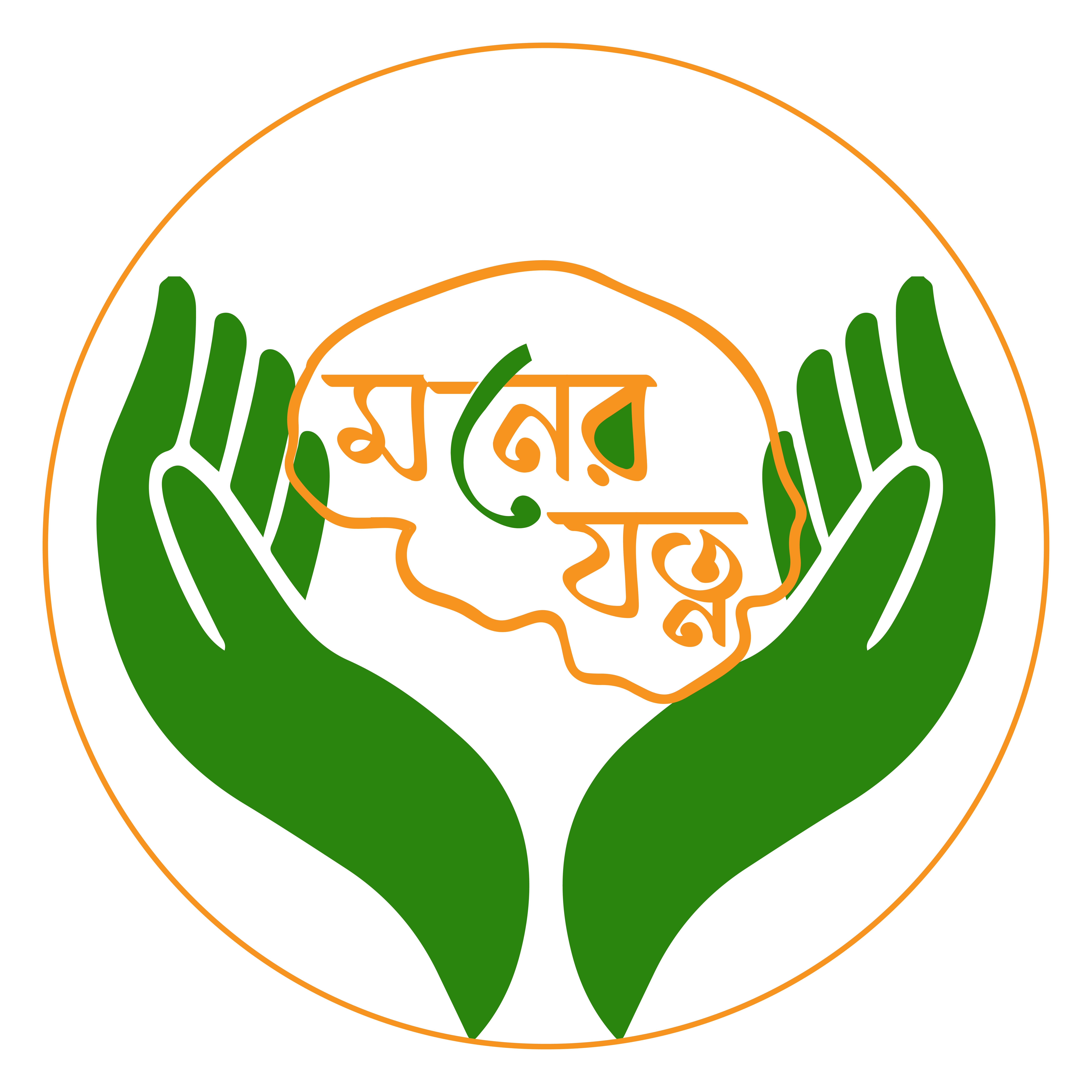
Climate change is a global challenge which is likely to affect mankind in substantial ways. Not only climate change is expected to affect physical health, it is also likely to affect mental health.
Notable direct climate-related hazards that affect mental health include: extreme heat, extreme weather events, and morbidity associated with vector-born disease (VBD). Extreme heat has been shown to increase mood and behavioral disorders amongst people with pre-existing mental illness and the elderly who have poor thermoregulation (Page et.al, 2012). Extreme weather events, like flooding, hurricanes, and wildfires have been linked to depression, anxiety, post-traumatic stress disorder (PTSD), suicidal ideation, substance abuse, vicarious trauma, loss of identity and a loss of a sense of place, relationship strain, and helplessness (Dodgen, 2016). Vector-borne diseases like West Nile Virus and Lyme disease may compound mental health issues for people with preexisting mental health illness by contributing to cognitive, neurological, and mental health problems (Dodgen, 2016).
In many areas, climate change is predicted to have an impact on mental health. There are numerous mediators via which droughts, floods, rising sea levels, rising ambient temperatures, and other effects of climate change can cause growing psychological discomfort. These mediators include, among others, traumatic events, social capital decline, economic stress, and stress related to migration and acculturation. In the near future, efforts to broaden access to mental health treatments and gradual climate change mitigation would be effective answers to the problem of climate change.
According to Kreft et. Al (2016) Bangladesh has been ranked 6th worst extreme weather affected country. Bangladesh suffers from cyclones, floods, strong surges and droughts. Many people get affected due to natural hazards every year. Some of them get displaced, lose their valuable family members, suffer from diseases and some become homeless after losing everything in the natural disaster. More than 4.3 million people are impacted by the sudden flash flood and water congestion that occurred in Sylhet, 2022. Many households are isolated due to floods, while some have taken shelter in open areas. The safety and security of women and girls in those households are at high risk. As of 20 June, a total of 2492 cases of diseases and injuries have been recorded by DGHS (WHO, 2022).




